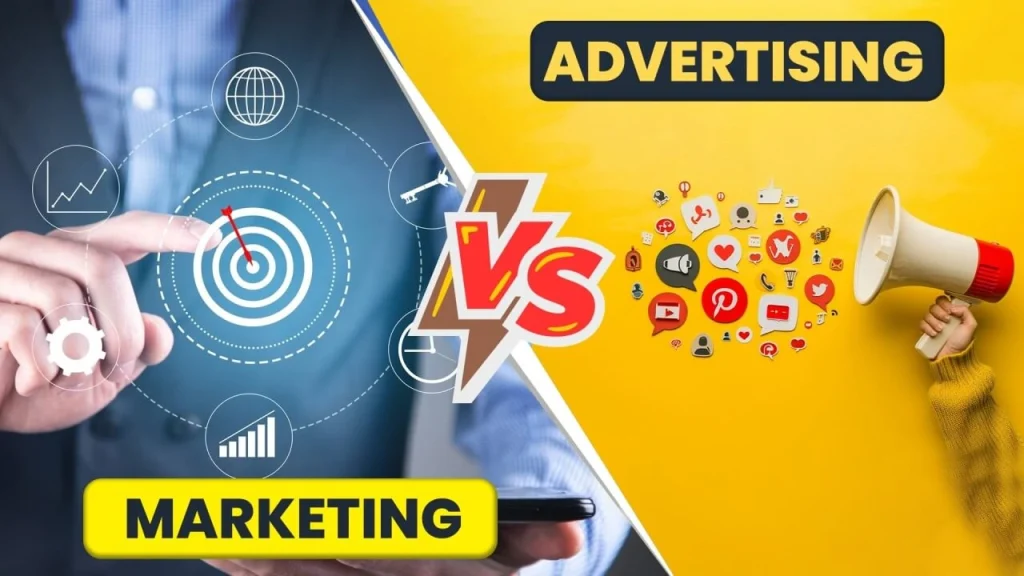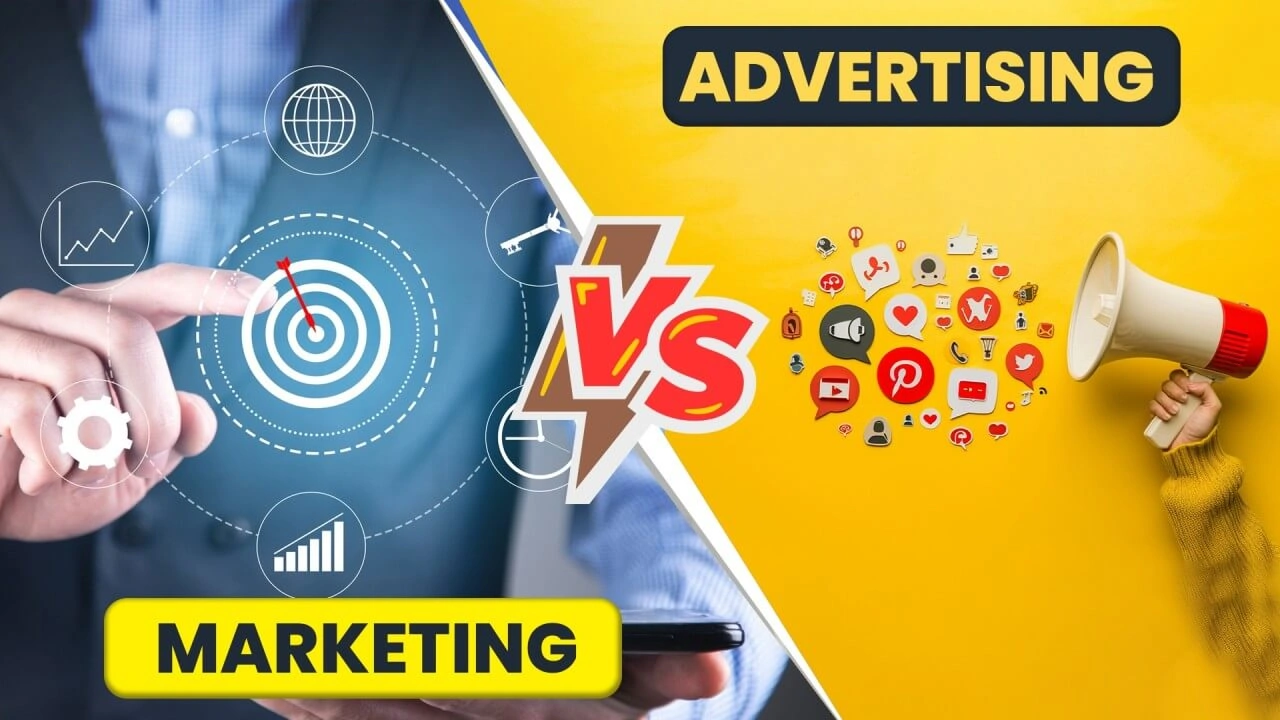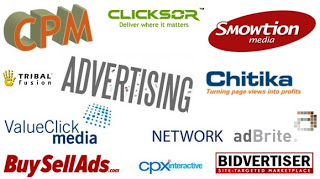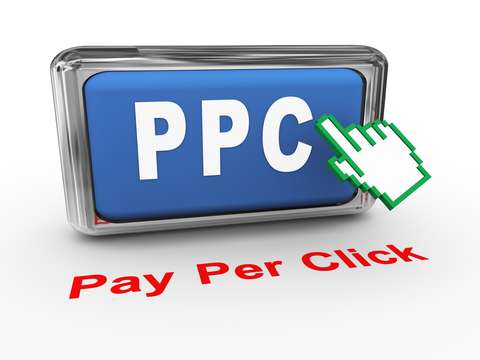It’s easy to mix up marketing vs advertising—they often appear together in business conversations, job descriptions, and university brochures. But while they’re closely related, they’re not the same thing.
If you’re considering a marketing degree or an advertising degree, understanding the difference is crucial. In this guide, we’ll explore their distinctions, degree specialisations, courses, skills, and careers—helping you decide which path fits your goals.

Content
What’s the Difference between Marketing and Advertising?
Think of marketing as the big picture and advertising as one part of that picture.
- Marketing covers the entire strategy of understanding an audience, creating value, and building lasting relationships with customers. It includes market research, branding, pricing strategies, digital campaigns, and customer experience management.
- Advertising, on the other hand, focuses on creating and delivering persuasive messages to promote products, services, or ideas. It’s a slice of the marketing pie—one that deals directly with crafting attention-grabbing campaigns and placing them in the right channels.
Example:
A marketing team might spend months researching a target audience, defining brand values, and shaping a pricing strategy. The advertising team would then take that strategy and design a creative campaign—like a social media video series, billboard ads, or an influencer partnership—to grab attention and drive sales.
Marketing vs Advertising: Degree Specializations
Both Marketing vs Advertising offer diverse degree specializations that let you focus on the areas that excite you most.
Popular Marketing specializations:
- Digital Marketing – mastering SEO, social media strategies, and content marketing.
- Brand Management – shaping a company’s image and voice across all channels.
- Marketing Analytics – using data to track performance and forecast trends.
- Product Marketing – launching and promoting products effectively.
- International Marketing – adapting campaigns for global markets.
Popular Advertising specializations:
- Creative Advertising – developing innovative ad concepts that stand out.
- Media Planning – deciding where and when ads should run for maximum impact.
- Copywriting – crafting headlines and slogans that persuade.
- Social Media Advertising – managing paid campaigns on platforms like Instagram, TikTok, and LinkedIn.
- Integrated Marketing Communications – combining advertising with PR, events, and digital outreach.
Marketing vs Advertising Classes
When comparing marketing classes and advertising classes, you’ll notice some overlap but also clear differences in focus.
Common Marketing classes:
- Consumer Behaviour – understanding why people make purchase decisions.
- Market Research – gathering and analysing data to guide strategies.
- Marketing Strategy and Planning – building long-term growth plans.
- Pricing and Value Creation – setting prices that reflect customer value.
- Marketing Analytics – using software tools to measure success.
Common Advertising classes:
- Creative Concepts and Campaigns – brainstorming and designing ad ideas.
- Media Buying and Planning – purchasing ad space in print, online, TV, or radio.
- Copywriting for Ads – writing engaging ad copy.
- Digital and Social Media Ads – running targeted campaigns online.
- Advertising Psychology – studying how people respond to messages.
Best Universities for Studying Marketing or Advertising
Many top universities offer world-class marketing degrees and advertising degrees. Some of the highest-ranked programs combine both disciplines, giving you a well-rounded perspective.
When researching schools, look for:
- Strong industry partnerships with brands and agencies.
- Internship opportunities that give real-world experience.
- Access to digital labs and creative studios.
- Alumni networks that can help you find your first job.
Marketing vs Advertising: Skills You Will Develop
No matter which path you choose, you’ll graduate with valuable skills—but their emphasis will differ.
Marketing skills:
- Strategic thinking to plan campaigns.
- Data analysis for measuring performance.
- Brand storytelling that connects emotionally with audiences.
- Market trend forecasting to stay ahead of competitors.
- Relationship management for long-term customer loyalty.
Advertising skills:
- Creative concept development for impactful campaigns.
- Visual and verbal communication to convey messages clearly.
- Media planning to choose the right platforms.
- Campaign execution under tight deadlines.
- Persuasive writing that inspires action.
Marketing vs Advertising Jobs
Both degrees open doors to exciting careers, though the focus areas differ.
Common Marketing jobs:
- Marketing Manager
- Brand Strategist
- SEO Specialist
- Product Manager
- Marketing Analyst
Common Advertising jobs:
- Art Director
- Copywriter
- Media Planner
- Social Media Ad Specialist
- Creative Director
Final Thoughts
The Marketing vs advertising debate isn’t about which is better—it’s about which fits your strengths, interests, and career ambitions.
Marketing offers a broad skill set, perfect for strategic thinkers who want to influence every stage of the customer journey. Advertising allows you to focus on the creative, high-visibility side of brand communication, where you can see your work out in the world.
FAQs
What is the main difference between Marketing and Advertising?
Marketing covers the full strategy to reach customers, while Advertising focuses on creating and delivering promotional messages.
Which degree is better, Marketing or Advertising?
It depends on your interests—Marketing suits strategic thinkers; Advertising suits creative storytellers.
What skills will I gain from a Marketing degree?
You’ll develop strategic planning, data analysis, brand storytelling, and customer relationship skills.

Ryan Myers is a business blog author and writer. He graduated from the University of California, Berkeley in 2009 with a degree in Political Science. His favorite topics to write about are blogging for small businesses and becoming an entrepreneur.













